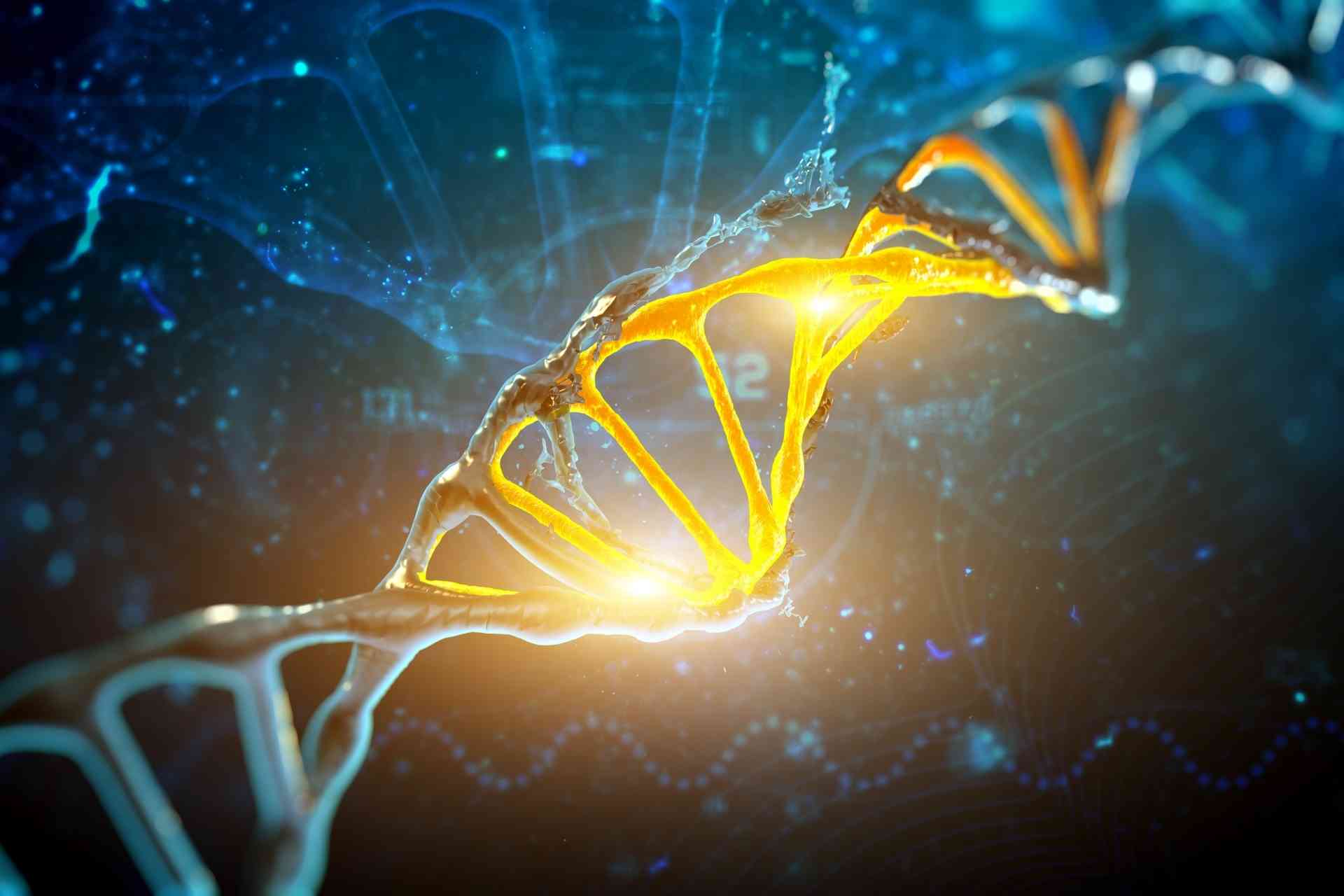What is already known on this topic
Gut microbes can influence their host’s health, but to what extent the gut microbiota is influenced by the genome of its human host remains unclear. Previous studies have mainly focused on the impact on individual genetic variants on microbiota composition, without considering the impact of a person’s entire set of genes.
What this research adds
Researchers used computational and modeling approaches to identify differences in a single DNA building blocks, or SNPs, that correlated with traits and conditions associated with the microbiota. The researchers applied these approaches to study the gut microbiotas and genetic variants of 250 people, and found many instances where the host’s genetic makeup affected the functions of gut microbiota. For example, microbial functions such as antibiotic resistance were among those associated with the host’s genetics. The researchers found new host-microbiota genetic associations but also previously known ones, including those with Akkermansia, Faecalibacterium, and Bifidobacterium.
Conclusions
The findings provide new insights into host-microbiota genetic interactions, shedding light on the role of human genetics on gut microbes.
Gut microbes can shape numerous human traits, including immune function, cancer and psychiatric conditions. New research now suggests that a person’s genome can, in turn, shape several functions of the gut microbiota.
The findings, published in Scientific Reports, provide new insights into host-microbiota genetic interactions, shedding light on the role of human genetics on gut microbes.
“Associating variation in the human genome with the variation in the gut microbiome has been tricky,” says study co-author Andrew Clark at Cornell University. That’s because, he adds, “the human genome variants are correlated with each other, and can have related functions, and the species of bacteria in the gut are also not independent of each other.”
Previous studies have mainly focused on the impact on individual genetic variants on microbiota composition. “When a disease or phenotype is caused by a single genetic mutation it can be a relatively straightforward process to find the gene responsible,” says study senior author Ilana Brito.
However, scientists have known that several genes can interact to result in a specific trait or disease. To better understand the extent to which the gut microbiota is influenced by the genome of its human host, Brito, Clark and their colleagues used an approach that considers the impact of a person’s entire genome on the many functions of the gut microbiota.
Twins study
The team used computational and modeling strategies that identify differences in a single DNA building blocks, or SNPs, that correlated with traits and conditions associated with the microbiota.
The researchers applied these approaches to study the gut microbiotas and genetic variants of 250 people participating in the TwinsUK project. This project includes human genotypes and microbiome sequences from female twin pairs from the United Kingdom.
The researchers found new host-microbiota genetic associations but also previously known ones, including those with Akkermansia, Faecalibacterium, and Bifidobacterium. “Similar to previous studies, we find that Faecalibacterium prauznitsii is associated with host genetics,” they say.
Host-microbe associations
The team found many instances where the host’s genetic makeup affected the functions of gut microbiota. For example, microbial functions such as antibiotic resistance and secretion systems were among those associated with the host’s genetics. Secretion systems are used by bacteria to interact with each other, either in antagonistic or cooperative ways.
Pathways involved in transportation were also associated with host genetics, the researchers found. Enzymes called translocases, which assist in moving molecules across a membrane, may be involved in host-microbe or microbe-microbe interactions in the gut, the researchers say. “There is evidence for the role of mitochondrial translocases in the host-microbe crosstalk that may be important in colorectal cancer or inflammatory bowel diseases,” they add.
Although the researchers analyzed data from a limited number of people, they were able to uncover meaningful associations between the host’s genetics and gut microbes, and the methods presented in the study are applicable to other studies. “It would be interesting to perform our method on a large disease cohort where strong differences between disease and control microbiomes are expected and may provide more context for disease-associated mechanisms,” the authors say.











